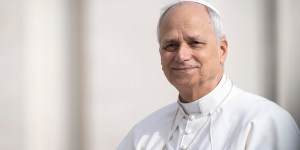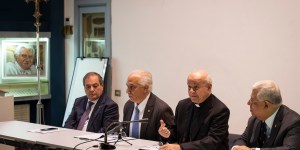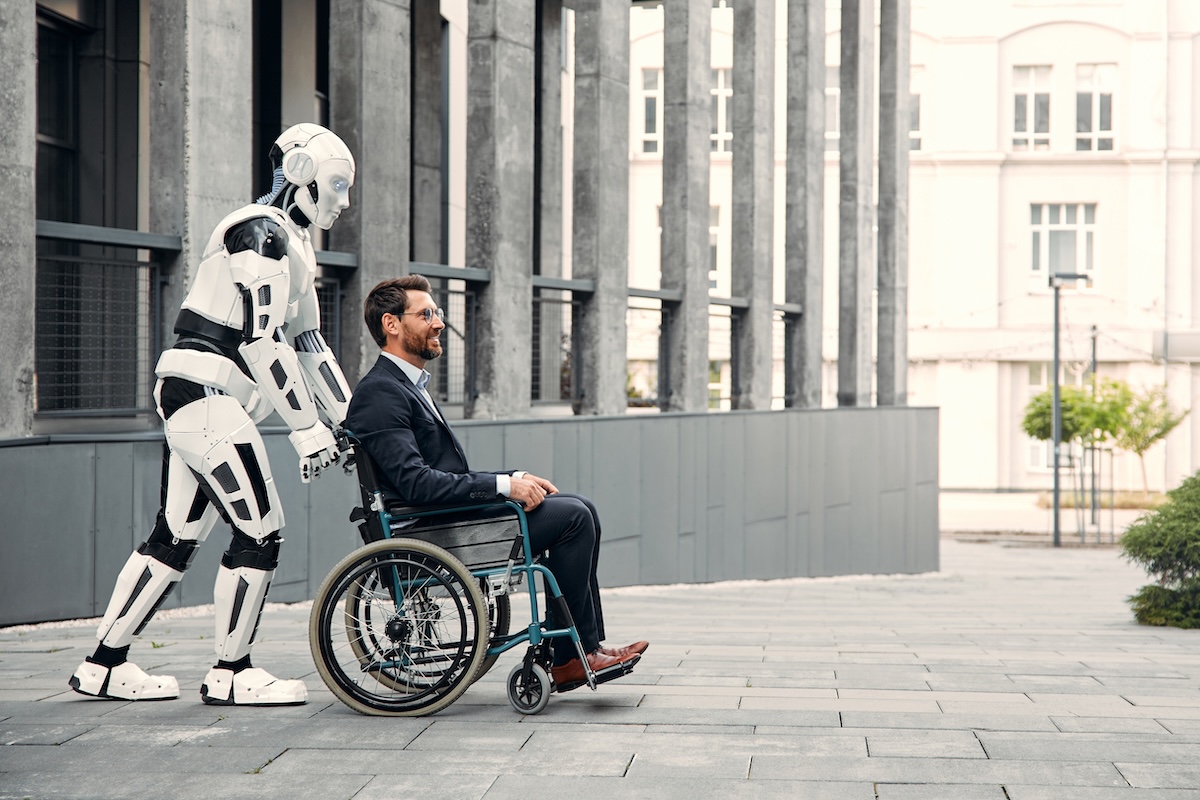As technology reshapes medicine, Pope Leo XIV has offered a thoughtful message to participants in the Pontifical Academy for Life’s International Congress, AI and Medicine: The Challenge of Human Dignity. His remarks, delivered on November 7, 2025, address the ethical crossroads between artificial intelligence and the care of the human person.
Pope Leo situates this debate within what he calls an “epochal change,” echoing Pope Francis’ observation that the digital revolution is transforming not only our institutions but our very way of thinking.
Like the Industrial Revolution, today’s technological shifts reach deeply into human life, altering how we understand ourselves and our relationships.
The Pope warns that as we begin to “interact with machines as interlocutors,” we risk losing sight of real human faces — forgetting the people behind the data and algorithms.
Yet the tone of the message is not fearful.
Pope Leo acknowledges the enormous good technology has already achieved and promises to deliver in the field of health care — curing diseases, improving diagnosis, extending life. What he asks is that these advances never outpace our moral attention to the human person.
The dignity of each individual, he writes, must remain the “resolute priority” guiding innovation.
Quoting Dignitas Infinita, he reminds readers that every human being “is willed, created, and loved by God.”
Serving vs dehumanizing
The Pontiff’s words draw a clear line between progress that serves humanity and progress that risks dehumanizing it. History, he notes, has shown the harm caused when science is driven by ideology or power rather than by compassion and truth. The new tools of AI, capable of immense good, can also inflict profound harm if detached from ethical grounding.
In particular, Pope Leo highlights the vocation of healthcare professionals — and now, by extension, those who design and deploy AI in medicine. Their work, he says, demands both competence and moral integrity, especially when dealing with life at its most fragile stages.
Machines may assist in diagnosis or decision-making, but the heart of medicine remains relational: the encounter between caregiver and patient.
“Medical professionalism,” the Pope writes, “can never be reduced merely to solving a problem.”
The message closes with an appeal for global collaboration that transcends economic interests. In an age where technology and health care are shaped by powerful corporate and political forces, Pope Leo urges cooperation among scientists, policymakers, and caregivers worldwide. Such collaboration, he suggests, is necessary if AI is to serve not only efficiency but also solidarity.
The address of Pope Leo XIV offers no technophobic caution but a profoundly human call: to ensure that even in a world of algorithms, compassion remains central. AI may help us heal bodies, but it is love—and respect for the sacred worth of every person — that heals humanity itself.




